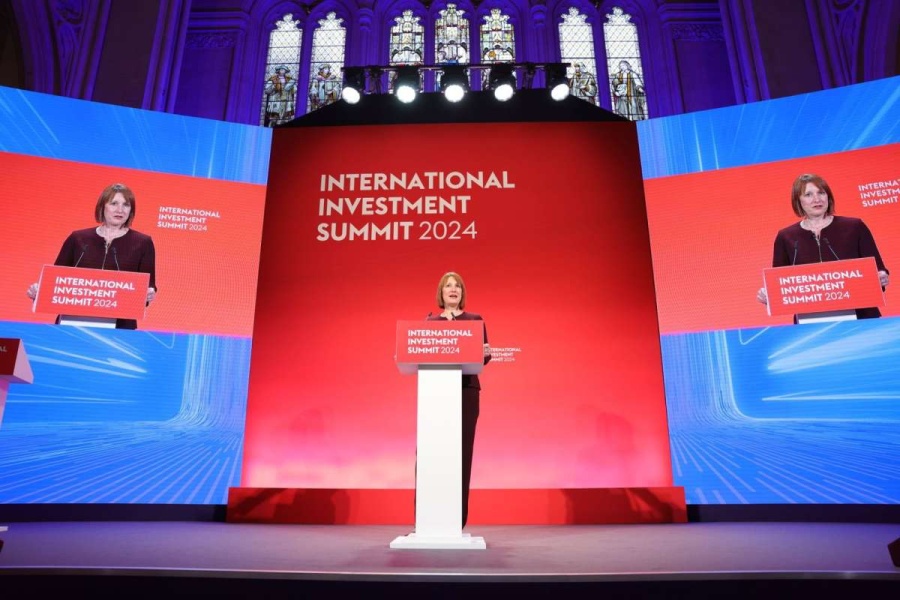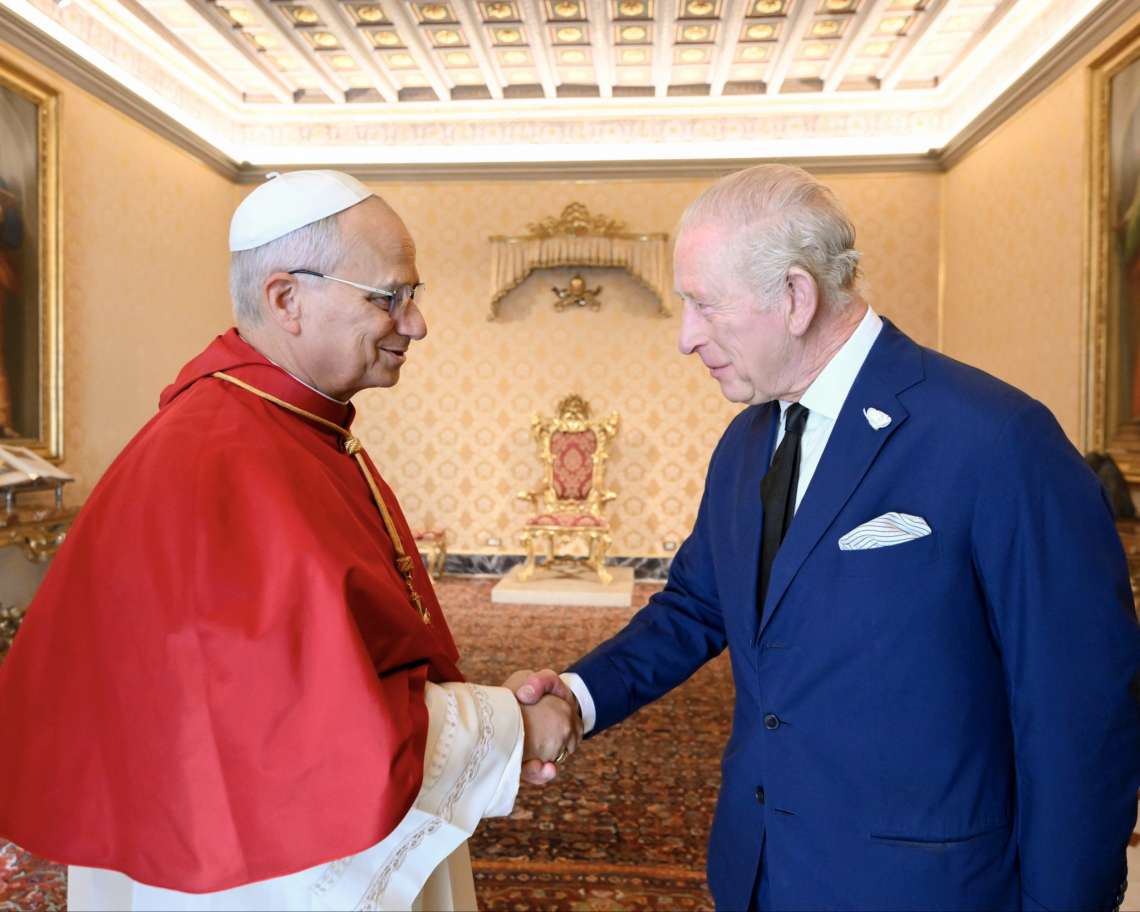Reeves is now drawing up plans to find £40bn in order to avoid real-terms cuts to departments….reports Asian Lite News
Chancellor Rachel Reeves is looking to make tax rises and spending cuts to the value of £40bn in this month’s Budget, government sources have said.
At a political cabinet meeting, Reeves told ministers that filling the “£22bn black hole inheritance from the previous government” would only be enough “to keep public services standing still”.
Reeves is now drawing up plans to find £40bn in order to avoid real-terms cuts to departments, sources say, as first reported in the Financial Times and the Times.
Reeves warned ministers there would be “difficult decisions on spending, welfare, and tax” to come in her Budget this month.
The chancellor is finalising details of her first Budget, to be announced on Wednesday 30 October. She recently said there would be “no return to austerity” under this government and promised a boost to government investment, designed to kickstart growth.
The chancellor is setting herself a new borrowing rule which means all day-to-day spending should be funded from taxes raised, not from borrowing. It is this rule which is binding the government’s hands, and why they are seeking some welfare savings as well as a series of tax rises at the Budget.
A HM Treasury spokesperson said: “We do not comment on speculation around tax changes outside of fiscal events.” In an interview on Tuesday, the Prime Minister, Keir Starmer, did not rule out a National Insurance increase for employers in the Budget.
Treasury officials are reportedly exploring National Insurance on employer pension contributions to raise Budget revenue. Employers pay NI at a rate of 13.8% on all employees’ earnings above £175 per week, but pension contributions made by employers are currently exempt from the levy.
The prime minister side-stepped questions over whether Labour’s manifesto promise not to raise taxes for “working people” covered employers’ NI too. The Labour Party’s 2024 manifesto ruled out raising taxes for “working people”, such as National Insurance, income tax and VAT.
On Monday, Reeves said Labour’s election pledge not to increase NI on “working people” related to the employee element, as opposed to the sum paid by employers. Leading business groups in the UK raised concerns over the potential tax rise, warning that it would “hobble” economic growth and “hammer” the hospitality sector.
The £40bn figure is much higher than government has previously acknowledged, as ministers come to terms with the economic reality of delivering on their promise that there will be “no return to austerity”.
The prime minister has talked about how those with the “broadest shoulders” should bear the “heaviest burden”.
There are two weeks to go until we see what that means. There will no doubt be plenty more pitch-rolling in the days ahead.
Treasury sources said internal calculations showed that the huge in-year sum, which Reeves announced in July, was a conservative estimate of the amount of money needed to cover the cost of areas including public sector pay, support for Ukraine and the asylum system.
“Ministers do kind of know that we’ll need to fix the black hole every year, but because they see these things through the lens of their own departments, it feels they haven’t really clocked that the scale of the challenge at the budget is so much worse than we expected,” a source said.
UK urges China to exercise restraint
The government called for China to exercise restraint on Monday after it held large-scale military exercises around Taiwan, Taiwan News reported.
China’s People’s Liberation Army (PLA) announced on Monday that it would hold the “Joint Sword-2024B” military exercises around Taiwan.
In response, the UK’s Foreign, Commonwealth and Development Office (FCDO) issued a statement seeking to de-escalate the situation after Beijing’s military actions, Taiwan News reported.
In the statement, the FCDO expressed its concern about the PLA drills around Taiwan and warned they “increase tensions and risk dangerous escalation in the Taiwan Strait.” The office reiterated the UK’s policy of supporting peace and stability in the Taiwan Strait, which it said is “of critical importance to global prosperity.”
The office called for the resolution of disputes between the two sides of the Taiwan Strait through dialogue, “without the threat or use of force or coercion.” The FCDO stressed the UK does not support unilateral attempts to alter the status quo in the strait.
“We are concerned by China’s military exercises around Taiwan, which increase tensions and risk dangerous escalation in the Taiwan Strait. The UK reaffirms our clear interest in peace and stability in the Taiwan Strait, which is of critical importance to global prosperity. We consider the Taiwan issue one to be settled by people on both sides of the Taiwan Strait through constructive dialogue, without the threat or use of force or coercion. We do not support any unilateral attempts to change the status quo,” the statement read.
The statement called for restraint in the area.
“We call for restraint and the avoidance of any further actions that may undermine peace and stability,” the statement said.
Taiwan’s Ministry of Foreign Affairs (MOFA) thanked the UK government for closely monitoring the situation in the Taiwan Strait and for “clearly stating the importance of peace and stability in the Taiwan Strait to the world.” The ministry said Taiwan is a responsible member of the international community and will continue to work with like-minded partners to “defend the rules-based international order.”
It also expressed hope that democratic countries around the world will “unite in calling on China to return to rationality and restraint, and stop threatening Taiwan and unilaterally escalating regional tensions,” as per Taiwan News. (ANI)
ALSO READ: London Secures £100m Investment Deals














